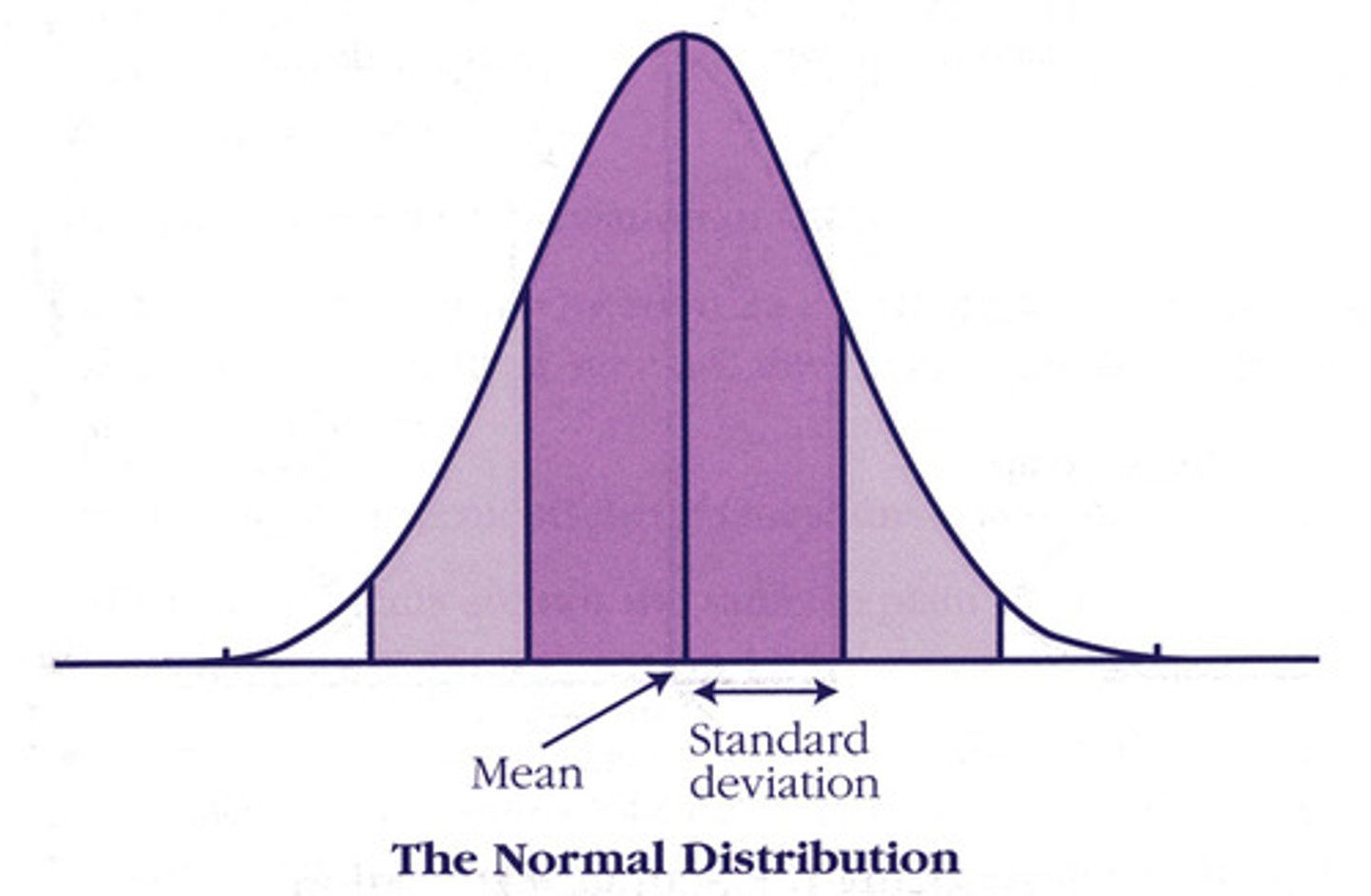TERMS Unit 4: Marketing Chapter 25: Market research
1/17
There's no tags or description
Looks like no tags are added yet.
Name | Mastery | Learn | Test | Matching | Spaced | Call with Kai |
|---|
No analytics yet
Send a link to your students to track their progress
18 Terms
market research
process of collecting, recording and analysing data about customers, competitors and the market

primary research
the collection of first-hand data that is directly related to a firm's needs
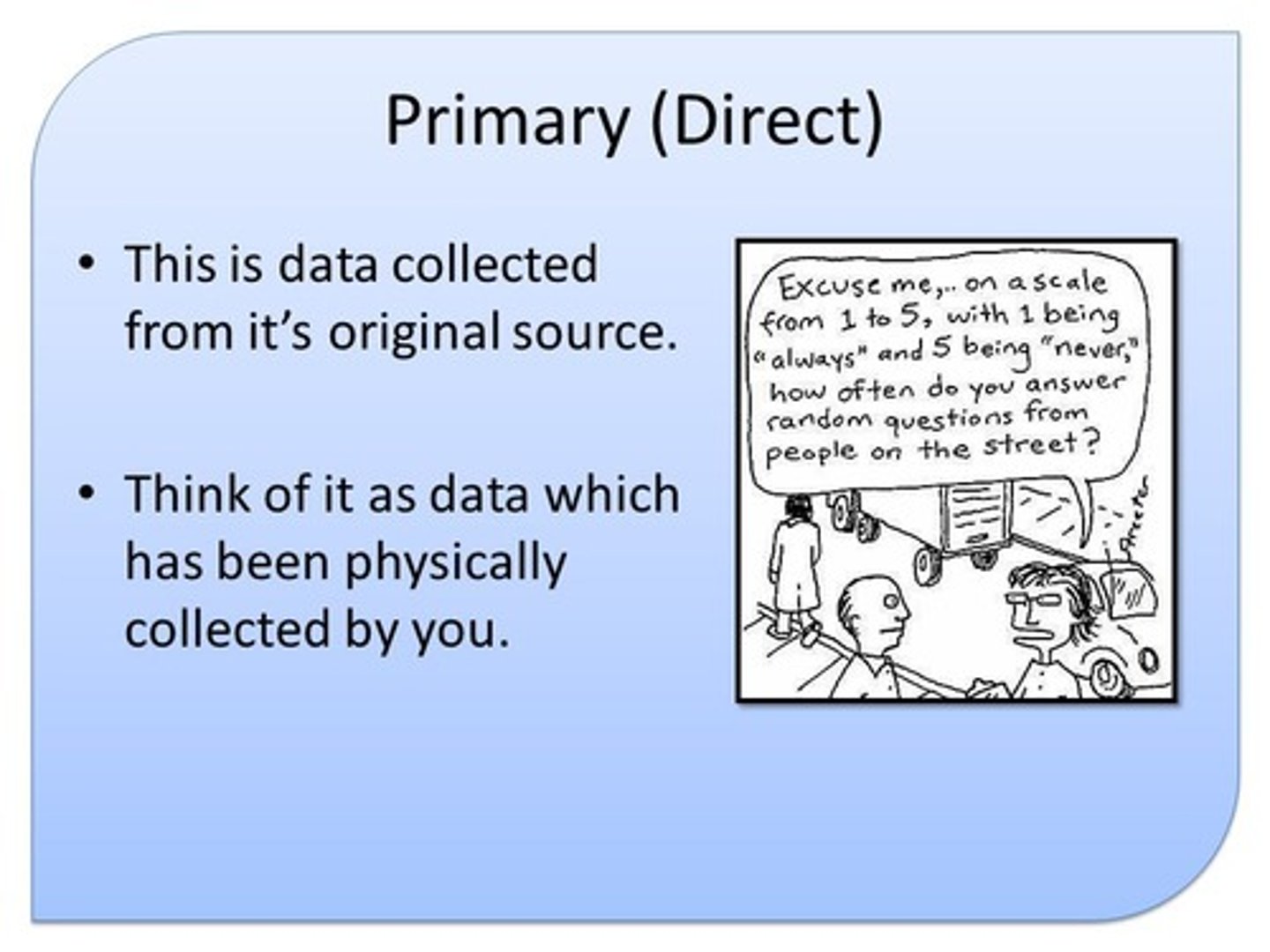
secondary research
collection of data from second-hand sources

survey
detailed study of a market or geographical area to gather data on attitudes, impressions, opinions and satisfaction levels of products or businesses, by asking a section of the population
open questions
those that invite a wide-ranging or imaginative response
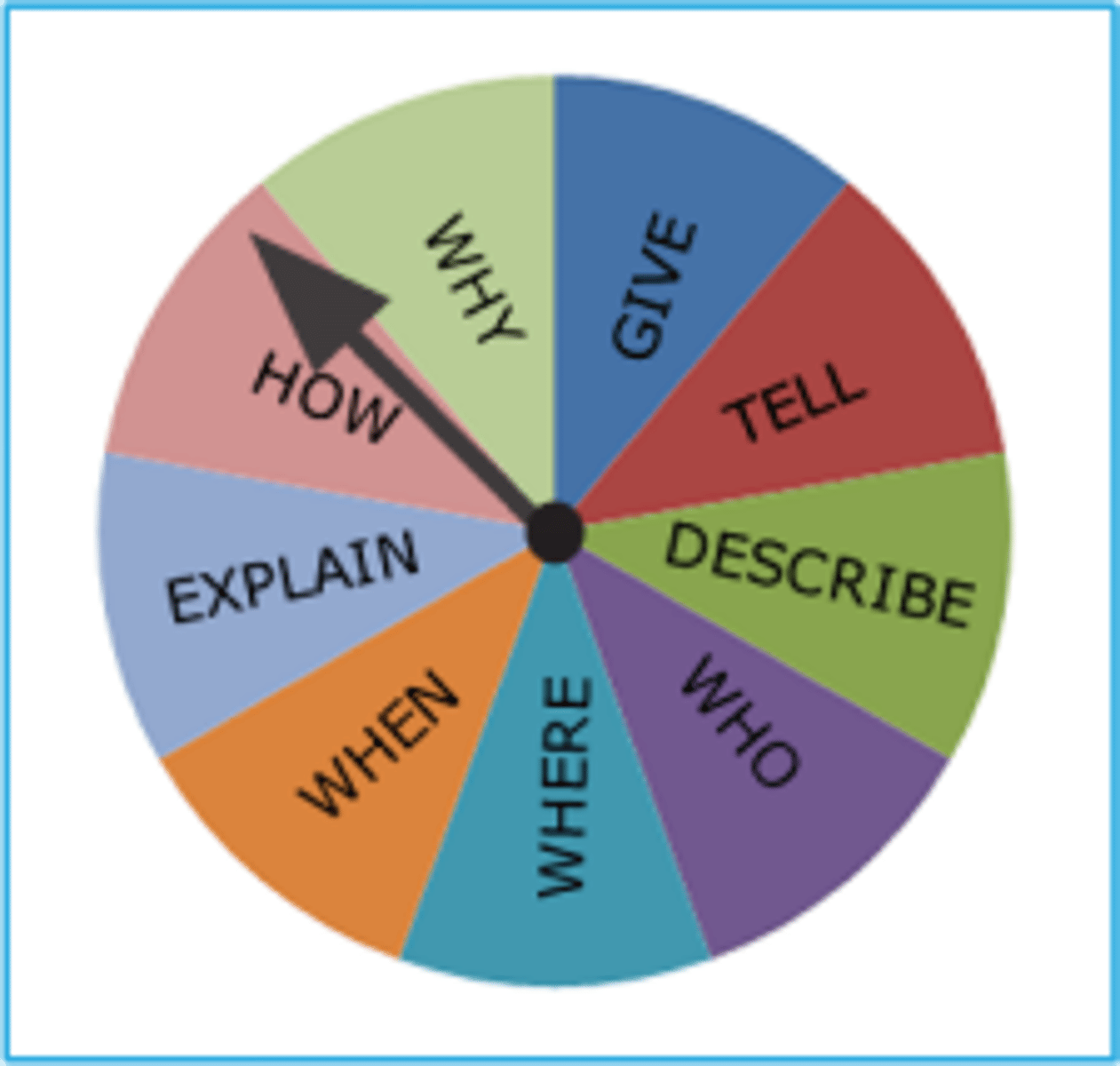
closed questions
questions to which a limited number of preset answers is offered
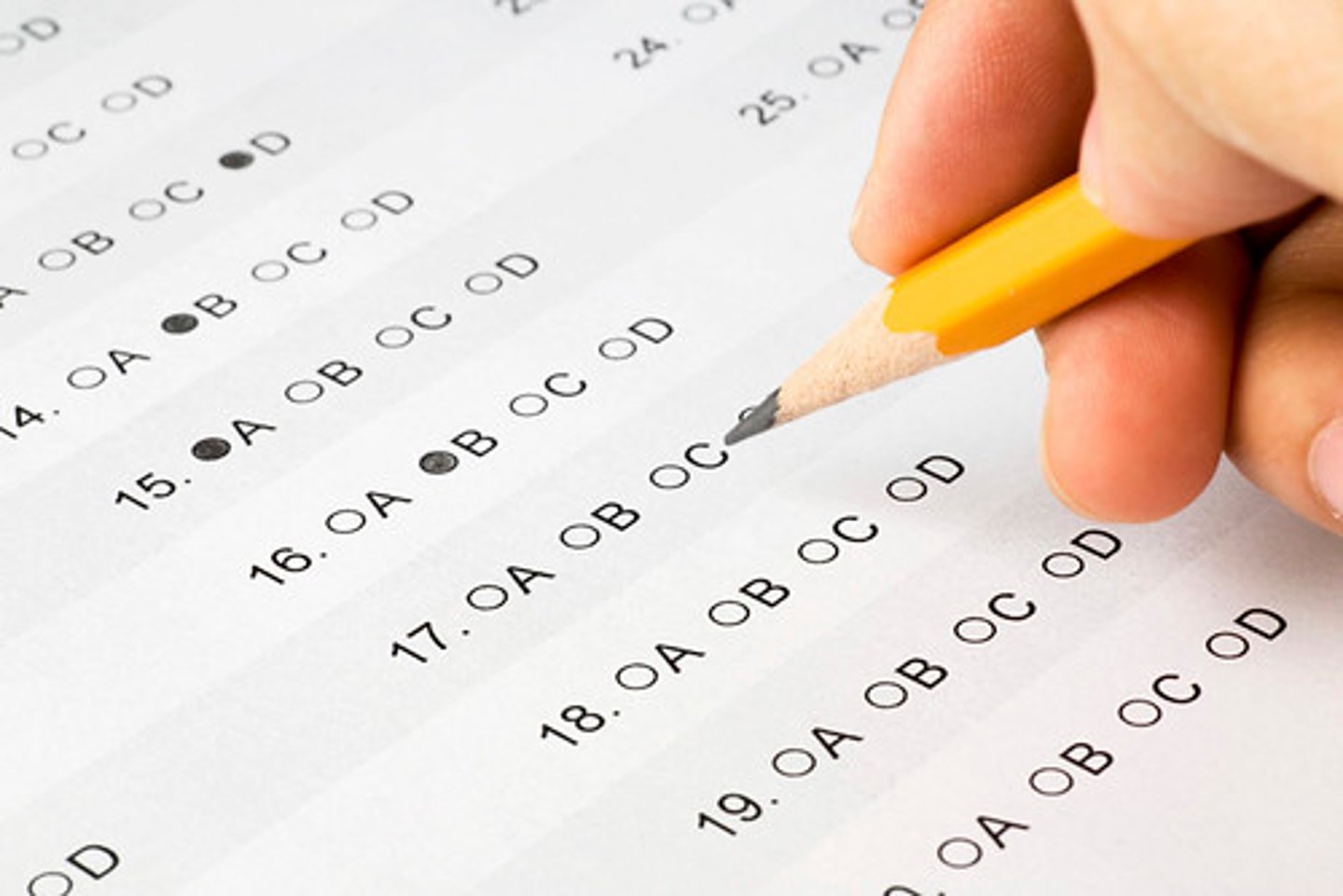
focus groups
a group of people who are asked about their attitude toward a product, service, advertisement or new style of packaging
observational technique
a qualitative method of collecting and analysing information obtained through directly or indirectly watching and observing others in business environments, e.g., watching consumers walk around a supermarket

secondary market research methods
- market intelligence analysis reports
- academic journals
- government publications
- trade organisations
- media articles and specialist publications
- online
qualitative research
research into in-depth motivations behind consumer buying behavior or opinions
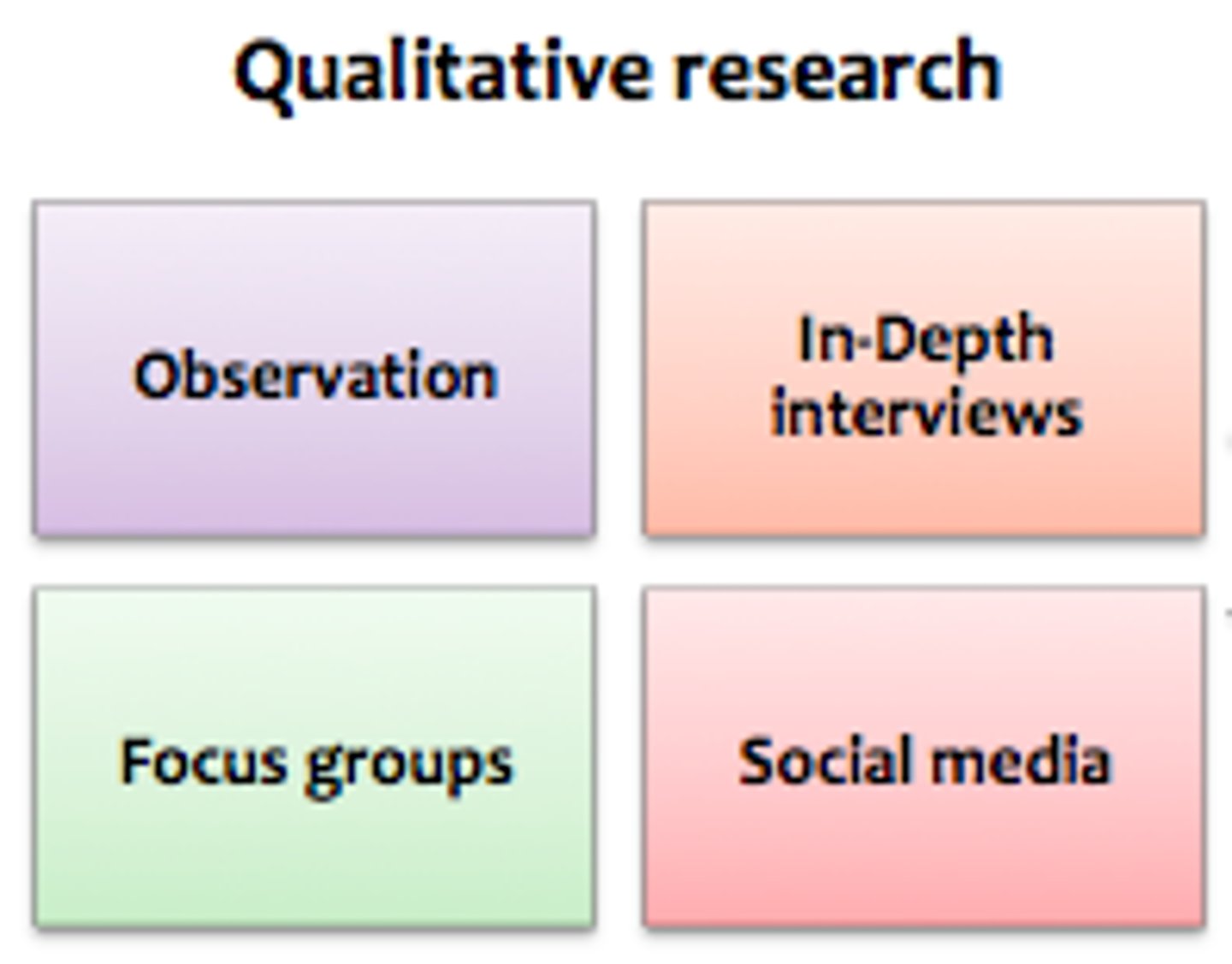
quantitative research
research that leads to numerical results that can be presented and analysed

sample
group of people taking part in a market research survey selected to be representative of the whole target market
sampling error
mistakes in research caused by using a sample for data collection rather than the whole target population
quota sampling
gathering data from a number of people chosen out of a specific sub-group
random sampling
every member of the target population has an equal chance of being selected

convenience sampling
drawing a representative selection of people because of the ease of volunteering or selecting people because of their availability or easy access
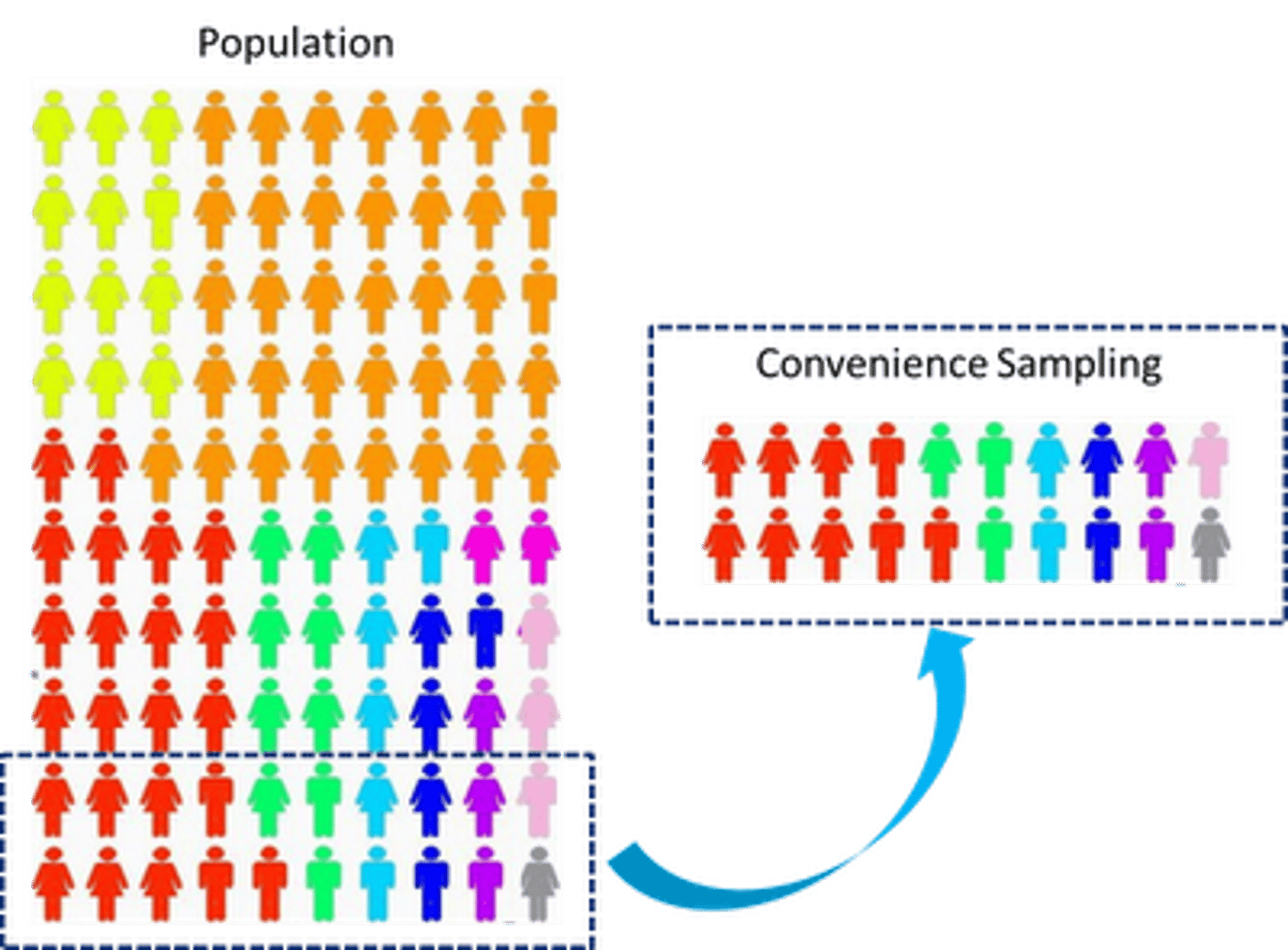
quartiles
splitting an ordered set of results into for equal parts
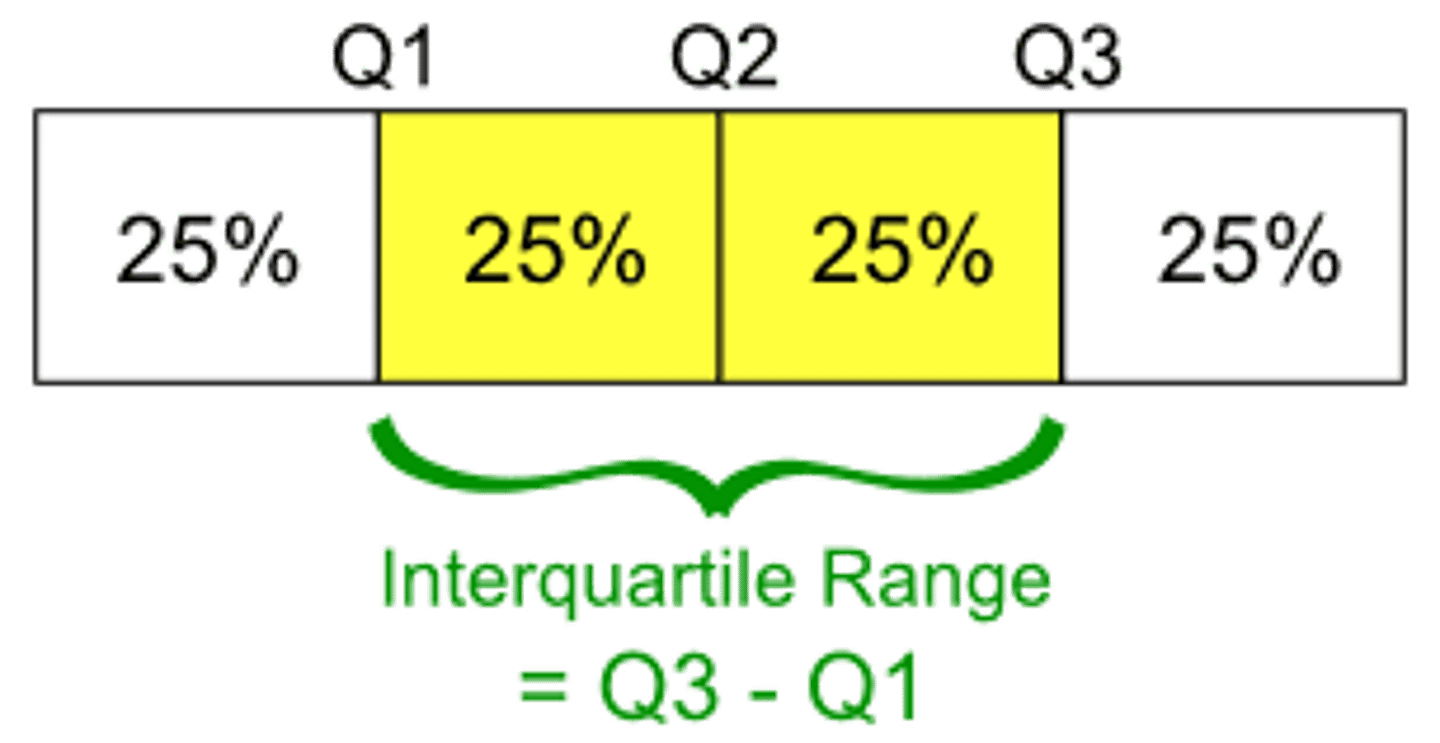
standard deviation (SD)
measures the average dispersion of a set of data from its mean result
